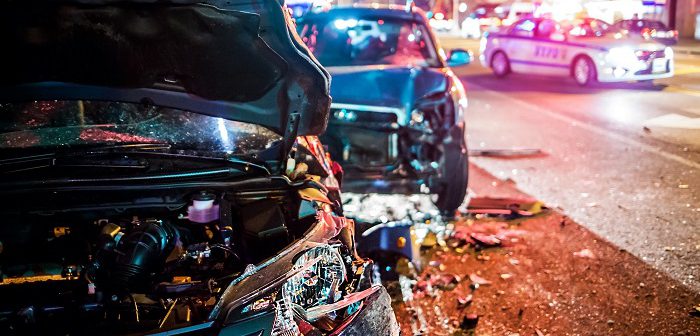Losing your main mode of transportation can prove to be a very disruptive loss in your daily routine. Not only will losing your car in an accident force you to take alternative modes of transport, it can also leave a significant impact on your finances and your health. A car accident entails that you may also have hefty hospital bills, court damages, and the loss of your ability to earn.
At this point, paying off your car loan may be the least of your problems. Nonetheless, considering how heavily it can impact your finances, it’s important that you’re able to get a thorough estimation of where your finances are. Here’s what happens if you crash a car you still owe money for, along with the remedial measures can you take:
Understanding the “Total Loss Vehicle”
While each car insurance company provides its own set of rules for determining whether a car is a “” after an accident, the general rule is that when the cost of repairing the vehicle exceeds a percentage of its value (usually at 80% of the vehicle’s value at the time of the crash), the vehicle will be declared a “total loss”.
Only the insurance provider will determine whether or not to authorize repairs on the vehicle, as they are the party that will shoulder the cost of repairs. In this case, the insurance company will simply write you a check for the value of the car on the day of the accident. This is when the remaining loan amount plays a crucial role in determining the degree of the impact this has on your finances.
Scenario 1: If Insurance Can Pay Off the Remaining Loan Balance
In a best case scenario, the insurance money may be enough to pay off the remaining balance on your loan, you may end up with a bit of extra money on your hands that you can put toward buying a replacement for the totalled car (although this is unlikely considering the other expenses you may have to address).
Scenario 2: If Insurance Is Insufficient for Paying Off Your Car Loan
If the cannot pay off the balance on your car loan, you will still be legally obligated to pay off your loan. Even if the car is deemed a total loss, the lender still has the right to receive full repayment of the loan.
What Remedies Are Available?
Considering the hefty expenses that you could potentially face, your best remedy will always be to file a personal injury claim. This is especially true if the other party was the cause of the accident. It’s during scenarios like this when you need seasoned personal injury lawyers like these to help maximize your chances of securing fair and full compensation.
Another remedy you can leverage is to use your gap insurance to pay off the remainder of the car loan. If you plan to utilize your , it’s best to first consult your insurance agent.
Losing a car you still owe money on can be a financially-debilitating problem. It’s important to know all the options that are available to you so that you become better equipped to handle these types of problems and you can better recover from your accident.





Thank you for the article! In fact, everything is obvious that you have to cover all costs and losses if the car is not yours or was simply rented. In many cases, the insurance company can cover all losses. Once I had to buy a when it was necessary and the car was not mine
Etes-vous à la recherche du meilleur GPS de randonnée en 2022
<a href=https://meilleur-gps.fr/meilleur-gps-randonnee/>gps randonnée</a>
There are several options, I think insurance will most often work, and you just wait for the repair. In some rare cases, repairs will be done by you or at your expense. I had such situations when I needed to look for auto parts, and , and my friend did auto repair already